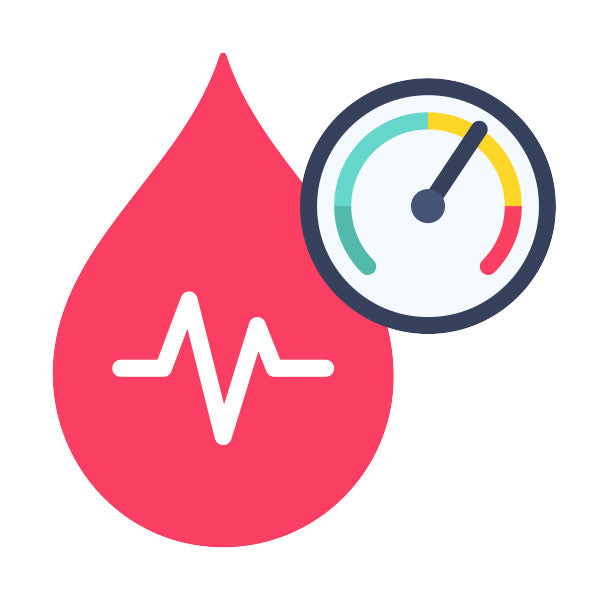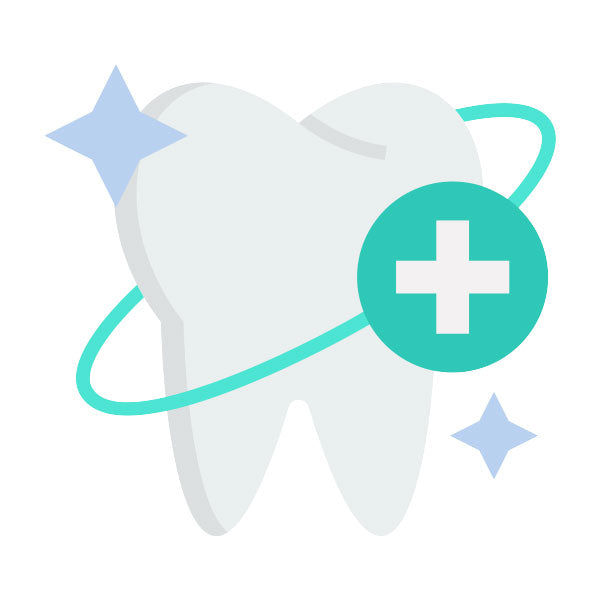WHAT IS CALCIUM?
Calcium is an essential mineral that is vital for various bodily functions, including bone health, muscle function, and more.* It plays a pivotal role in various bodily functions, making it a crucial nutrient for maintaining overall health.* Calcium is not just about bones; it also supports muscle contraction, nerve transmission, and blood clotting.* It's an integral part of our daily bodily functions.

UNVEILING THE IMPORTANCE OF CALCIUM
Calcium is a mineral that often takes the spotlight for its role in maintaining strong bones and teeth, but its importance goes far beyond that.* The benefits for calcium are diverse and encompass various aspects of our health.* From muscle function to blood clotting, Calcium is essential.*
THE BENEFITS OF CALCIUM
CALCIUM SUPPLEMENTS: TYPES AND USES
When dietary intake is not enough, supplements come into play. Calcium carbonate and Calcium citrate are two common forms of Calcium supplements. Calcium carbonate powder is cost-effective and widely used, while Calcium citrate is better absorbed and can be taken with or without food.* Calcium supplements for osteoporosis and Calcium tablets for bones specifically target bone health and are crucial in a diet for osteoporosis.* It's important to understand the daily recommended Calcium intake and not exceed it, as too much Calcium can lead to health issues.*
BEST SOURCES OF CALCIUM
CALCIUM'S ROLE IN WOMEN'S HEALTH, PARTICULARLY AFTER 50
Women, particularly those over 50, have specific nutritional requirements when it comes to calcium intake. The best calcium supplement for women in this age group ideally includes calcium and vitamin D3, enhancing the advantages of calcium absorption and utilization in the body.* Supplements that combine calcium, magnesium, and zinc offer a comprehensive approach, addressing the broad spectrum of benefits for calcium along with the synergistic effects of these minerals.*
These supplements not only support bone health but also contribute to overall well-being, considering the benefits of magnesium, zinc, and calcium together.* It's important to choose calcium tablets for women that cater to their changing nutritional needs, ensuring the daily recommended calcium intake is met.* Such a proactive approach in nutrition helps in maintaining a high calcium diet, which is integral for long-term health and vitality. Opting for calcium-rich food and supplements tailored to their needs enables women to reap the full range of calcium benefits.*
RECOGNIZING CALCIUM DEFICIENCY
POTENTIAL SIDE EFFECTS AND INTERACTIONS
While Calcium is generally safe, overconsumption or the wrong type of supplement, like excess Calcium d-glucarate or Calcium lactate, can have side effects. It's important to discuss with a healthcare provider before starting any new supplement, especially if you are taking other medications or have health conditions.
CALCIUM NEEDS THROUGHOUT LIFE: FROM INFANCY TO OLD AGE
EMBRACING CALCIUM FOR A HEALTHIER TOMORROW
Calcium plays a pivotal role in maintaining overall health and well-being, impacting everything from bone density to muscle function and nerve signaling.* Meeting your daily calcium requirements through a balanced diet that includes a variety of calcium-rich foods is the most effective way to ensure you get the benefits of this vital mineral.*
BEST CALCIUM SUPPLEMENT 🥇

Vimerson Health
Vitamin D3 K2 Supplement – All-in-1 Support for Immune, Bone & Heart Health with Vitamin D + Vitamin K (as MK7) – K2 D3 (5000 IU) Vitamin Supplement with Black Pepper for Max Absorption, 60 Capsules









ℹ︎ FREQUENTLY ASKED QUESTIONS ABOUT CALCIUM
WHAT FOOD IS HIGHEST IN CALCIUM?
Dairy products like milk, cheese, and yogurt are traditionally the highest in calcium. However, for those seeking non-dairy options, fortified plant-based milks (such as almond or soy milk), leafy green vegetables like kale and spinach, and fish with edible bones like sardines and canned salmon are excellent choices. Tofu made with calcium sulfate and calcium-fortified cereals and juices are also good sources of this essential mineral.
WHAT DOES THE CALCIUM DO FOR THE BODY?
Calcium plays a crucial role in maintaining overall body health. It is vital for bone health and strength.* Calcium also supports muscle function, nerve transmission, and heart health.* It aids in blood clotting and regulates enzyme activity and hormone release.* A sufficient calcium intake is essential for maintaining healthy teeth and bones and ensuring the proper function of muscles and nerves.*
WHO NEEDS HIGH CALCIUM?
Individuals who need calcium include postmenopausal women, who are at a higher risk for osteoporosis due to changes in hormone levels affecting bone density.* Growing children and adolescents require more calcium to support bone growth and development.* Pregnant and lactating women also need increased calcium for fetal development and milk production.* Additionally, older adults, especially those over 50, may need more calcium to maintain bone health and mitigate age-related bone loss.*
WHAT IS THE BEST FORM OF CALCIUM FOR WOMEN?
The best form of calcium supplement is often considered to be calcium carbonate. It is widely available, cost-effective, and contains a high concentration of calcium per tablet. However, it's important to note that calcium carbonate is best absorbed when taken with food, as it requires stomach acid for proper assimilation. It's a good choice for individuals looking to increase their calcium intake effectively and economically.
CAN YOU TAKE VITAMIN D AND CALCIUM TOGETHER?
Yes, you can take vitamin D and calcium together. In fact, vitamin D enhances calcium absorption in the gut, which is beneficial for bone health.* It's important for individuals to maintain adequate levels of both nutrients.* Many supplements and dietary sources offer both calcium and vitamin D combined for this synergistic effect.*
IS IT OK TO TAKE CALCIUM EVERYDAY?
Yes, it is generally okay to take calcium every day, as it is crucial for maintaining strong bones and carrying out many bodily functions.* However, it's important to not exceed the recommended daily intake, as excessive calcium can lead to adverse effects. The ideal approach is to balance calcium intake between dietary sources and supplements.* Individuals should consider their total dietary calcium intake and personal health needs when deciding on supplementation.*
WHEN SHOULD YOU TAKE CALCIUM MORNING OR NIGHT?
Taking calcium supplements can be done either in the morning or at night, but there are factors to consider for optimal absorption. If taking calcium citrate, it can be taken with or without food. Calcium carbonate, however, is best taken with food. For those taking other medications or supplements, it's important to space out calcium intake to avoid potential interactions. Ultimately, consistency in timing is key for the best results.
IS IT NECESSARY FOR WOMEN TO TAKE CALCIUM SUPPLEMENTS?
Whether women need to take calcium supplements depends on their dietary intake and individual health needs.* Women, particularly those over 50, often require more calcium to maintain bone health and prevent osteoporosis. However, it's best to first aim for adequate calcium intake through diet rich in calcium sources like dairy products, leafy greens, and fortified foods. Supplements should be considered if dietary intake is insufficient to meet daily calcium needs.*
CAN YOU TAKE MAGNESIUM AND CALCIUM TOGETHER?
Yes, you can take magnesium and calcium together. These minerals complement each other; calcium aids in muscle contraction, while magnesium helps muscles relax.* However, balance is key. Too much calcium can hinder magnesium absorption and vice versa. A calcium-magnesium supplement often provides these nutrients in a balanced ratio, which is beneficial for overall bone health and muscle function.* It's important to follow recommended dosages to maintain this balance.
WHAT ARE SIGNS OF LOW CALCIUM?
Signs of low calcium include muscle cramps, numbness or tingling in the fingers, fatigue, and abnormal heart rhythms.* Long-term deficiency can lead to osteoporosis, characterized by brittle and weak bones. In severe cases, confusion or memory loss can occur. It's important to maintain adequate calcium levels for overall bone health and neurological function.* Calcium-rich foods or supplements can help manage these levels effectively.*
* These statements have not been evaluated by the Food and Drug Administration. This product is not intended to diagnose, treat, cure, or prevent any disease.






























